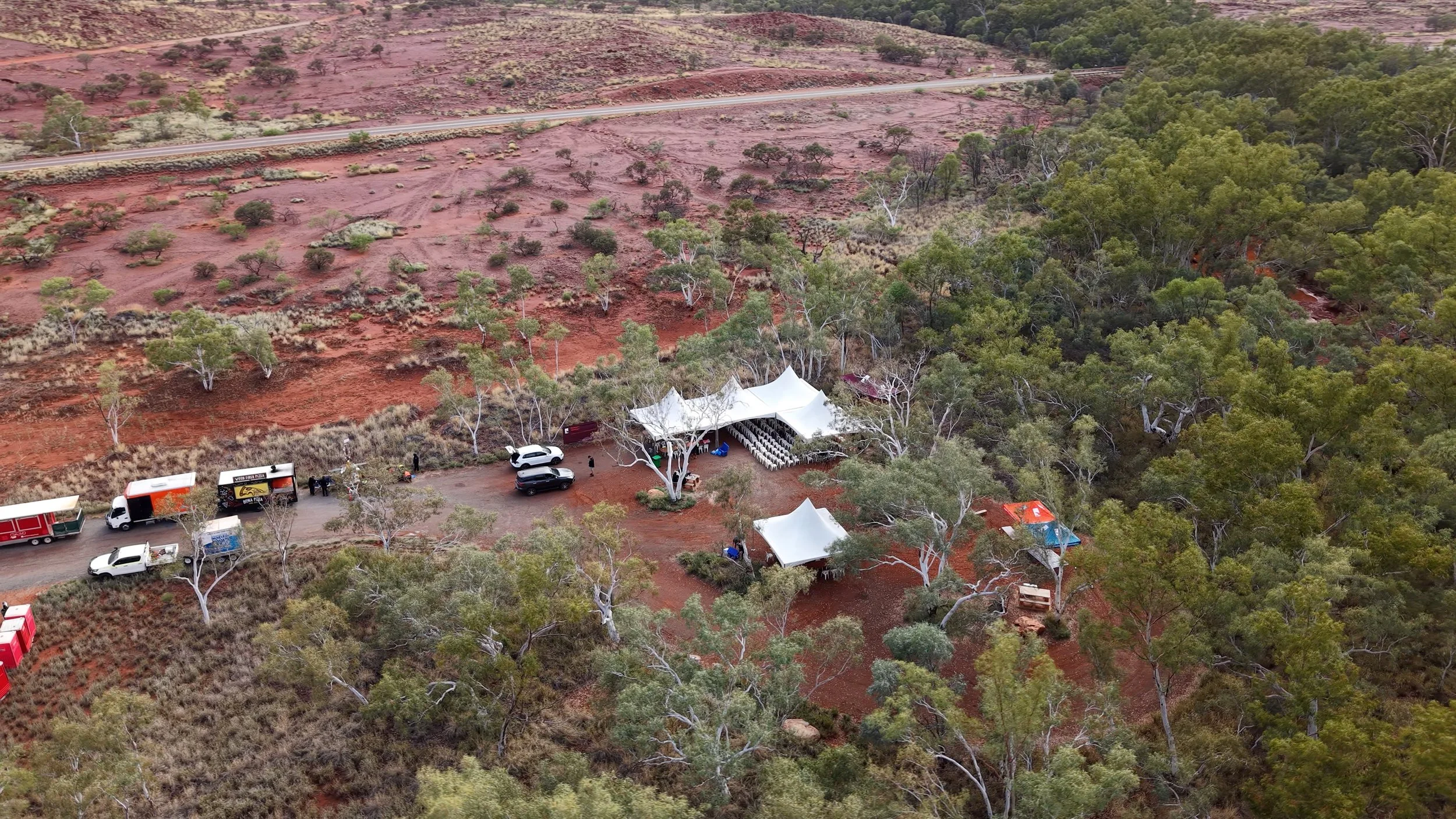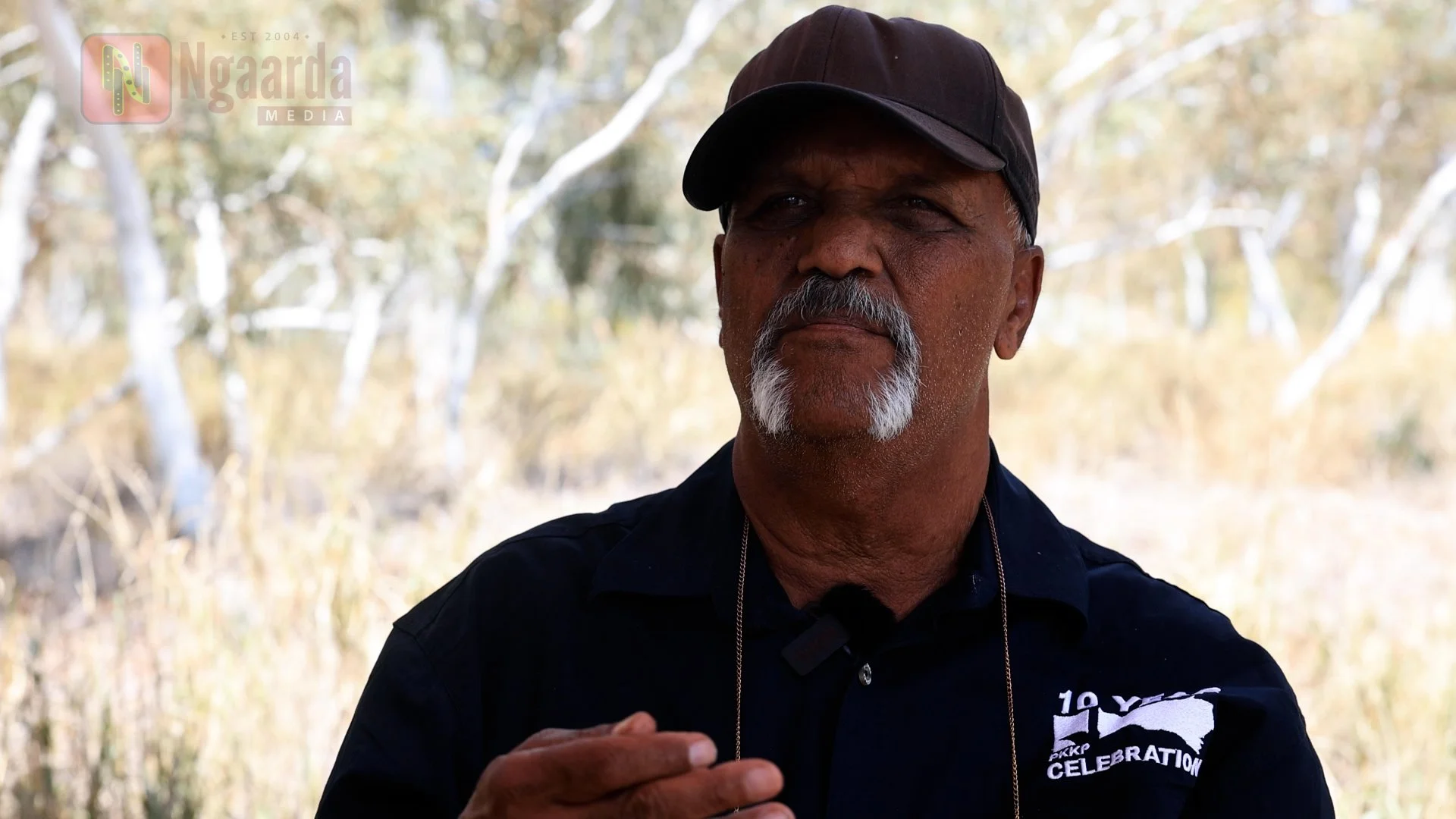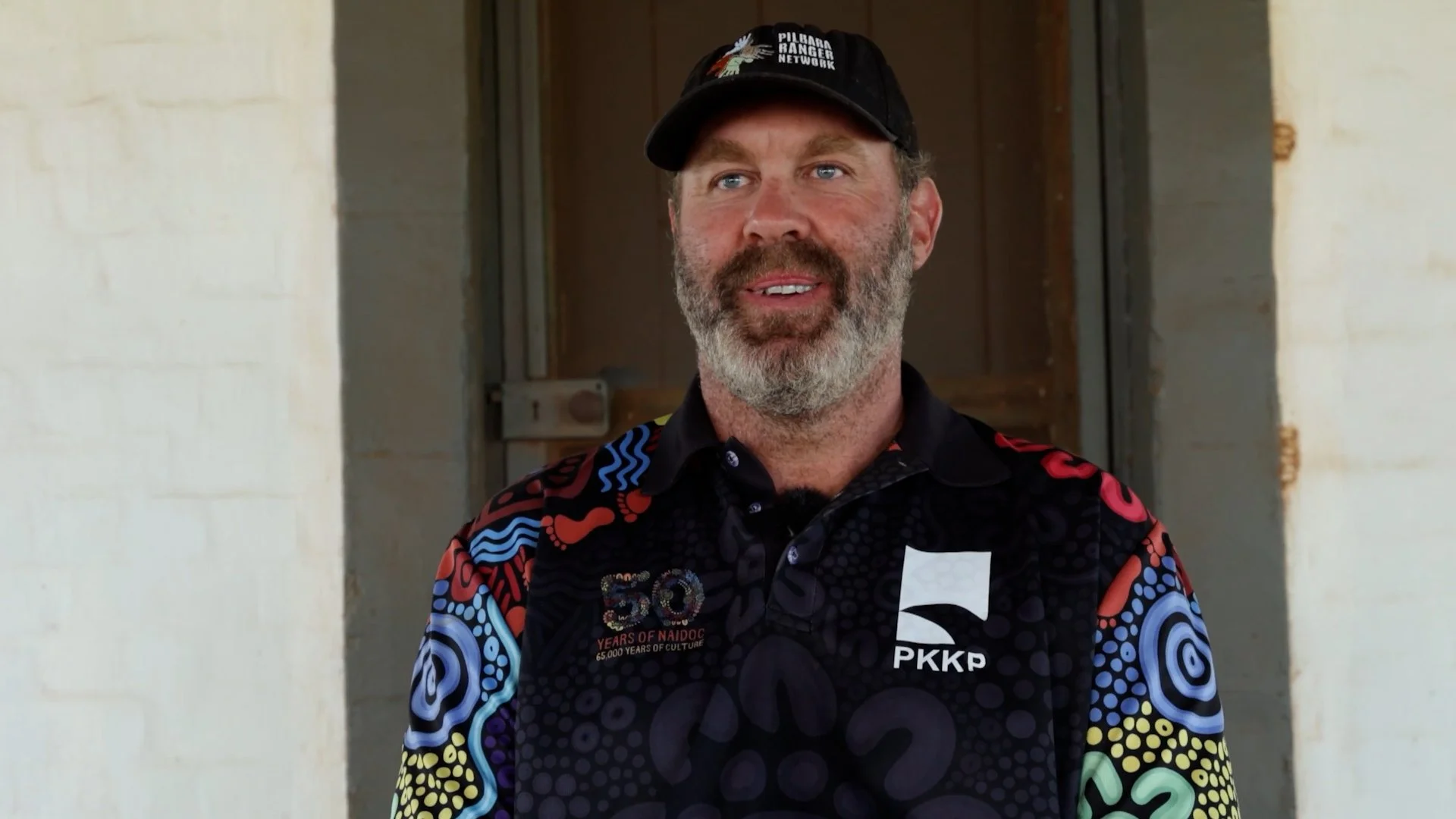PKKP PEOPLE CELEBRATE A DECADE OF NATIVE TITLE WITH FOCUS ON PARTNERSHIPS
BY ASAD KHAN AND TANGIORA HINAKI
Ten Years of Recognition and Resilience
Traditional owners in Western Australia’s Pilbara are celebrating the tenth anniversary of their native title determination, a milestone they describe as both a moment of pride and a call to keep building stronger futures.
The Puutu Kunti Kurrama and Pinikura (PKKP) people say collaboration with landholders and corporations, rather than relying solely on government legislation, offers the most meaningful way forward.
Their determination was thrust into the global spotlight in 2020 when mining giant Rio Tinto destroyed ancient rock shelters at Juukan Gorge, sparking outrage and prompting debate over the adequacy of state and federal heritage laws.
The cultural loss continues to influence how PKKP leaders shape agreements to safeguard their Country.
Pride in Progress and Opportunity
PKKP elder and long-time advocate for Aboriginal mental health, Burchell Drage, reflected on the journey since recognition.
“Well, it means a lot to me because, you know, our native title is still going but I look back when we, ten years ago, to where we've come now and what we, as a corporate, as a PKKP group, has achieved,” he said.
“We are doing something with [the royalties]. You’ve seen with the rangers here, the young ones coming up and going. You feel proud to be part of this group.”
He said the emergence of ranger programs and employment pathways demonstrates that native title is not just symbolic—it’s a platform for building stronger communities.
A Workforce for the Future
The PKKP Aboriginal Corporation now employs dozens of members, a point of pride for its leadership. Chairperson and Pinikura Traditional Owner Terry Drage highlighted the scale of impact.
“I’m told that our last payroll, we had 52 members employed at the corporation. This amount is a quarter of our membership,” he said.
“It is amazing to think that so many of our young people are getting experience and starting their careers with PKKP.”
The figures mark a significant step for a corporation with deep cultural obligations but also a strong emphasis on economic independence and opportunity.
Healing Country, Healing Generations
Beyond employment and royalties, PKKP leaders say the greatest challenge lies in restoring Country damaged over two centuries of mining and pastoral activity. Kingsley Murray, General Manager of Country Assets and Infrastructure, described the magnitude of the task.
“When you think about all the acreage that your hands need to touch or that you need to bring healing to, it feels so big,” he said.
“It’s lifetimes of work because you’re trying to undo hundreds of years of damage. It’s not something you can fix next week. All we can do is start it.”
He emphasised that restoration is more than a project—it is generational work requiring passion, patience, and commitment.
Looking Ahead
As the PKKP people celebrate ten years since their native title determination, the focus remains on building strong, self-determined futures.
Their leadership stresses that repairing Country and creating opportunities for young people are essential to both cultural survival and community wellbeing.
The anniversary serves as a reminder of the lessons of Juukan Gorge, the resilience of PKKP families, and the determination to shape a future grounded in partnership, healing, and cultural strength.





